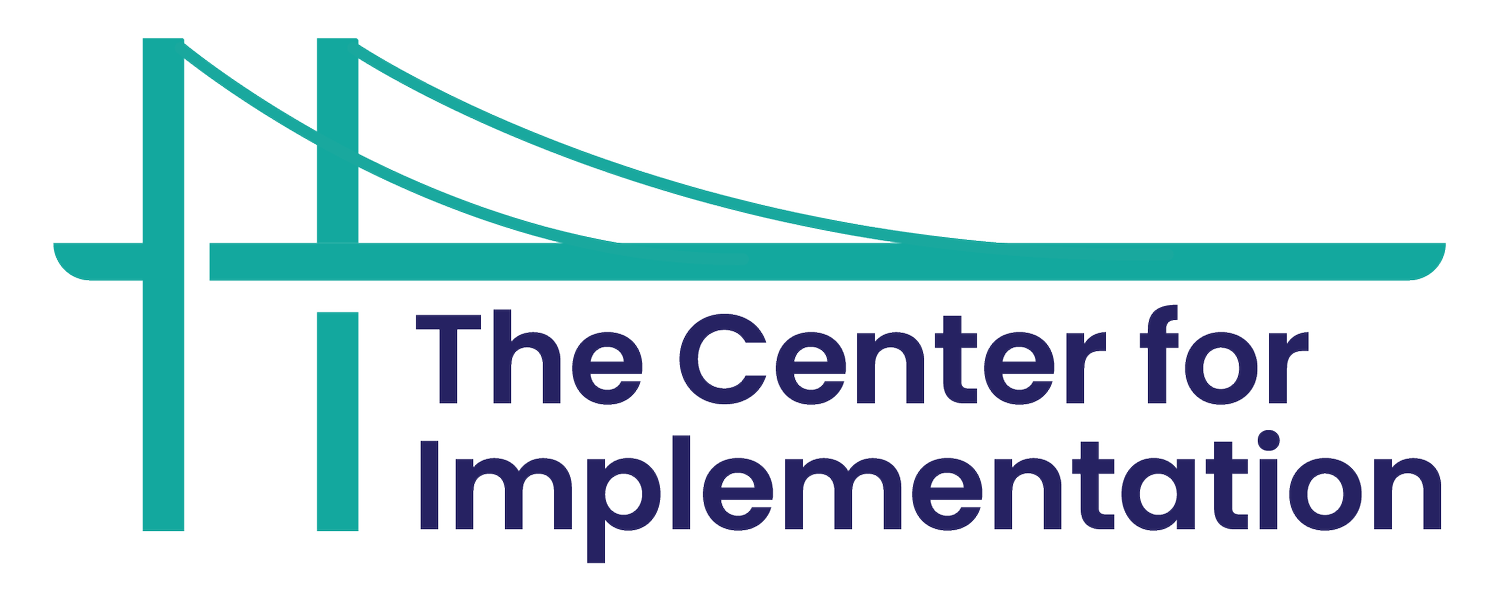Project Spotlight: Using the Theoretical Domains Framework to Select Implementation Strategies
By Ashleigh Townley, Joanne Wincentak, and Shauna Kingsnorth, Knowledge Broker, Holland Bloorview Kids Rehabilitation Hospital
Evidence to Care (EtC) is the knowledge translation unit at Holland Bloorview Kids Rehabilitation Hospital, Canada’s largest children’s rehabilitation hospital. Our team promotes knowledge translation by identifying the best available research evidence in childhood disability and developing strategies to influence care.
Over the past three years, EtC and the Brain Injury Rehabilitation Team (BIRT) have worked to implement Heart and Stroke Best Practice Guidelines recommendations. Working with clinicians, mangers, clients and families, EtC led a prioritization activity where managing depression was identified as the first recommendation for implementation. Clinicians selected an 8-item screening questionnaire called the Patient Reported Outcome Measures System (PROMIS) Pediatric Depression Screen to identify clients who could benefit from further depression investigation.
The Theoretical Domains Framework (TDF) was used to plan and evaluate the implementation of the PROMIS tool (1). The TDF is a meta-framework that combines 84 constructs and 14 domains from 33 psychological theories relevant to behaviour change. EtC created an interview guide using the TDF domains and constructs, and met with the BIRT team to discuss the current state of depression care (e.g. screening, assessment and treatment processes; clinical disciplines involved; how information is shared); and PROMIS implementation needs such as perceived barriers and facilitators; competing priorities; clinical scope of practice; resources (processes, personnel, time) were explored.
EtC then mapped clinician’s answers to implementation strategies in the Behaviour Change Wheel’s COM-B system as recommended by TDF developers (1).
Here is a snapshot of implementation supports selected:
EtC is using the Determinants of Implementation Behavior Questionnaire (DIBQ), a validated TDF questionnaire, as both a (i) process evaluation tool, to assess and adjust implementation strategies as needed; and (ii) an outcome evaluation tool to determine the impact of the PROMIS, implementation supports, and inform modifications going forward (2).
(1) Cane, J., O’Connor, D., and Michie, S. ( 2012). Validation of the theoretical domains framework for use in behaviour change and implementation research. Implementation Science, 7 (37). Retrieved from: http://www.implementationscience.com/content/7/1/37
(2) Huijg, M. J., Gebhardt, A. W., Dusseldorp, E., Verheijden, W. M., van der Zouwe, N., Middelkoop, JC. B., and Crone, R. M. (2014). Measuring determinants of implementation behavior: psychometric properties of a questionnaire based on the theoretical domains framework. Implementation Science, 9 (33). Retrieved from: http://www.implementationscience.com/content/9/1/33
This article was featured in our monthly Implementation in Action bulletin! Want to receive our next issue? Subscribe here.

